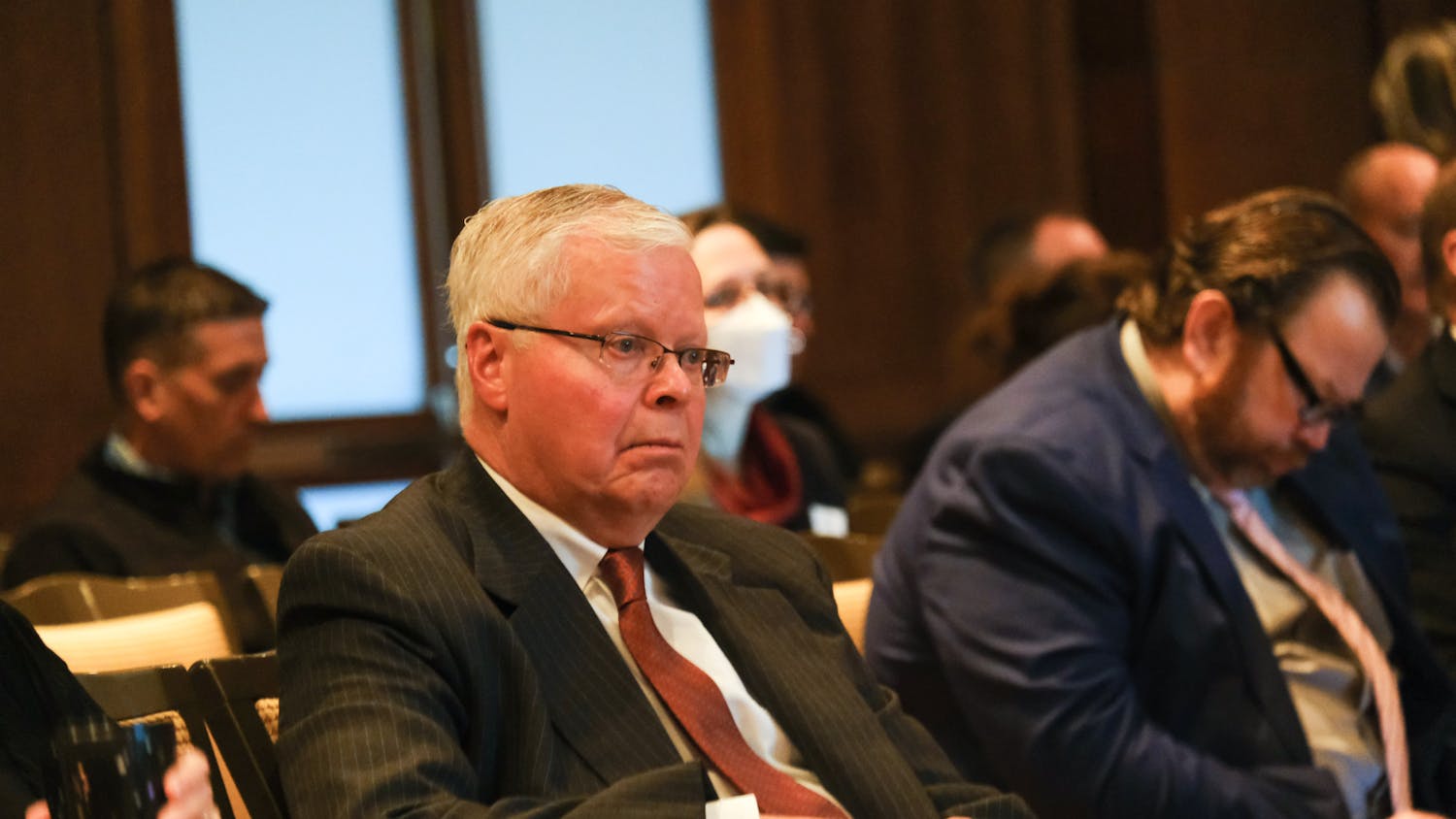UW-Whitewater announced plans Jan. 23 to cut $12 million from its budget and lay off employees to make up for enrollment declines over the past four years.
Since the 2016-’17 academic year, UW-Whitewater’s main campus enrollment has dropped by 180 students — about 1.4 percent. However, the decline between fall 2019 and 2018 was “drastic”: 4.1 percent, or 498 students, according to a campus-wide letter Chancellor Dwight Watson sent out.
The $12 million in cuts is needed to compensate for an approximately $11 million loss of tuition revenue since 2016, Watson wrote in the letter. The budget cuts, taking place over the next two years, will not be one-time reductions.
“UW-Whitewater, like most universities, is reliant upon tuition as the primary source of revenue,” Watson said. “When enrollment is down, there is a direct correlation to the budget.”
Previous declines in enrollment have been managed through UW-Whitewater’s “robust reserves,” but this is not an option now, Watson wrote.
Nicholas Fleisher, UW-Milwaukee professor and head of the Wisconsin chapter of the American Association of University Professors, told Wisconsin Public Radio the budget issues do not just stem from declining enrollment.
Part of the problem lies in cuts to the entire UW System. Additionally, there has been a push from state lawmakers to spend down tuition revenue reserve balances after Republicans revealed in 2013 the System was holding $648 million cash in reserves.
“The System has been spending down money and reserves and trying to be very, very loud and public about the fact that they’re doing that,” Fleisher told WPR. “But now what we’re seeing is, at this point, the reserves are very low or gone in some cases. What that means is that dip in enrollment causes a huge budget crisis.”
Watson’s letter proposes several solutions to the budget problem, including “some combination of contract non-renewals, reduction in appointment times and layoffs.”
UW-Whitewater Faculty Senate Chair David Simmons said this potentially raises concerns for the university’s quality of education.
“Academics is what universities do,” Simmons said in an interview with the Milwaukee Journal Sentinel. “There's no way around the effects that's going to have on our academic mission — period.”
The letter also detailed potential reductions in spending, such as lowering professional development funds, placing limits on purchasing cards, centralizing operations and piloting programs for voluntary time off without pay.
Other sections of the letter described initiatives for reinvestment into the university and the development of additional revenue sources. The university plans to expand recruitment, specifically Latinx students and students with disabilities, with the help of a consultant. UW-Whitewater also is looking to begin new degree and certificate programs.
Watson, who just began his second semester overseeing UW-Whitewater, is the 10th-highest paid chancellor in the UW System, making $244,800 a year after a raise that took effect Jan. 1.






